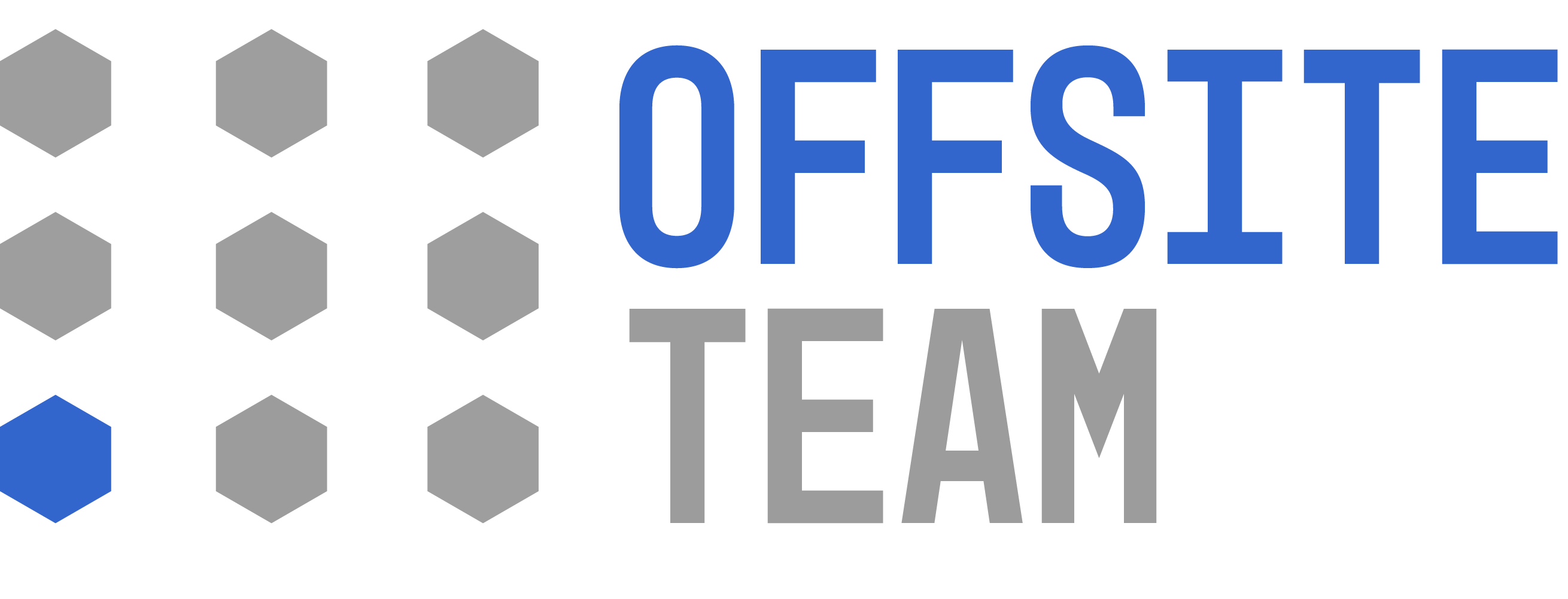Will Insurtech Replace Human Agents? Examining the Role of Technology in Insurance Sales
The world is changing rapidly, and so are the ways we sell insurance. With Insurtech on the rise, many people are beginning to wonder whether technology will completely replace human agents in the future. Will Insurtech replace human agents? While both have their pros and cons, it’s essential to examine each one’s roles in insurance sales thoroughly. In this blog post, we’ll explore how technology is transforming the industry and what it means for human agents’ roles today and tomorrow!

The Changing Insurance Landscape and the Emergence of Insurtech
The insurance landscape is changing rapidly, with the emergence of new technologies and the growth of the Insurtech sector. This is having a major impact on insurance sales, with more and more customers using online and mobile channels to purchase insurance products.
This shift has been driven by a number of factors, including the increasing availability of data and the development of new analytical tools that make it easier for customers to compare rates and coverage options. The rise of the sharing economy has also played a role, as customers are increasingly comfortable buying insurance products online without having to speak to an agent.
There are a number of advantages for insurers who embrace this change. They can reach a wider audience with their products, and they can save on costs by eliminating the need for brick-and-mortar offices and commissioned sales agents. However, there are also some risks associated with this transition, such as the potential for fraud and abuse.
Insurtech companies are well-positioned to take advantage of these changes in the insurance landscape. They are often nimbler than traditional insurers, and they have access to cutting-edge technologies that can help them better serve their customers. Many Insurtech startups are focused on simplifying the insurance buying process or creating new types of coverage that address specific needs not currently being met by traditional insurers.
It remains to be seen how much market share Insurtech companies will ultimately capture, but there is no doubt that they are shaking up the insurance industry and forcing incumbents to
Benefits from Using Insurtech for Insurance Sales
There are many benefits of using Insurtech for insurance sales. By automating the process of insurance sales, companies can save time and money. In addition, using Insurtech can help companies improve customer satisfaction by providing more accurate quotes and faster processing times.
Insurtech can also help companies reduce fraud and abuse. By automating the insurance sales process, it is easier to track and identify patterns of fraud and abuse. In addition, using Insurtech can help companies verify the identity of customers more quickly and accurately.
Challenges with Replacing Human Agents with Technology
There are a number of challenges that come with replacing human agents with technology in insurance sales. One challenge is that technology can be expensive. You need to have the right hardware and software in place, which can be costly. Another challenge is that you need to have the right people in place to manage the technology. This can be outsourced as well. They need to be trained on how to use it and be available to troubleshoot any issues that come up.
Additionally, technology can be unreliable. It can break down or have glitches that can frustrate customers. Finally, some people simply prefer to work with a human agent. They may feel more comfortable discussing their needs with a person and may not want to deal with the hassle of using technology.

How Technology Can Complement Human Agents Rather than Replace Them
There is no question that technology has changed the insurance industry, but there is still a place for human agents. In fact, technology can complement human agents rather than replace them. Here’s how:
First, human agents have relationships with their clients. They know their clients’ needs and can provide personalized service. Technology can help agents keep track of client information and communicate more effectively, but it can’t replace the personal touch that human agents provide.
Second, technology can’t always make decisions for us. Human agents are able to use their experience and judgment to make decisions about coverage and claims. Technology can help us gather information, but it can’t make decisions for us.
Third, human agents provide a human connection. In our increasingly digital world, it’s important to have a real person to talk to when you have questions or concerns about your insurance coverage. Technology can’t replace the human connection that agents provide.
Conclusion: Examining the Potential of Insurtech in the Insurance Industry
While technology has undeniably changed the insurance landscape, it is important to remember that the industry is still people-driven. The most successful Insurtech companies are those that have been able to integrate technology successfully into the insurance sales process without losing sight of the human element. The easiest way this can be done is with the help of Offsite Team.
Insurtech has the potential to completely transform the insurance industry, but only if it is used correctly. When used correctly, Insurtech can make the insurance buying process easier and more streamlined for both agents and consumers. However, Insurtech should not be used as a replacement for human agents. The most successful insurers will be those who are able to strike the right balance between technology and personal interaction.





